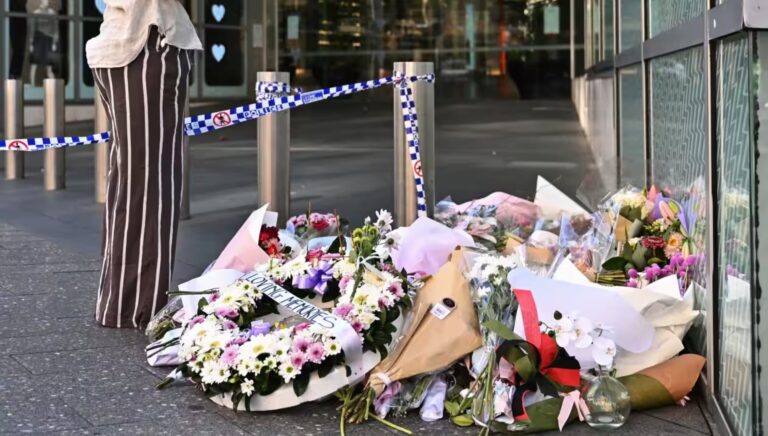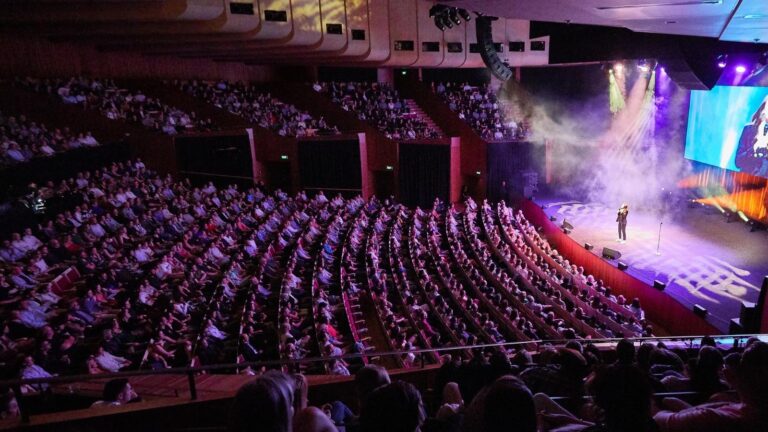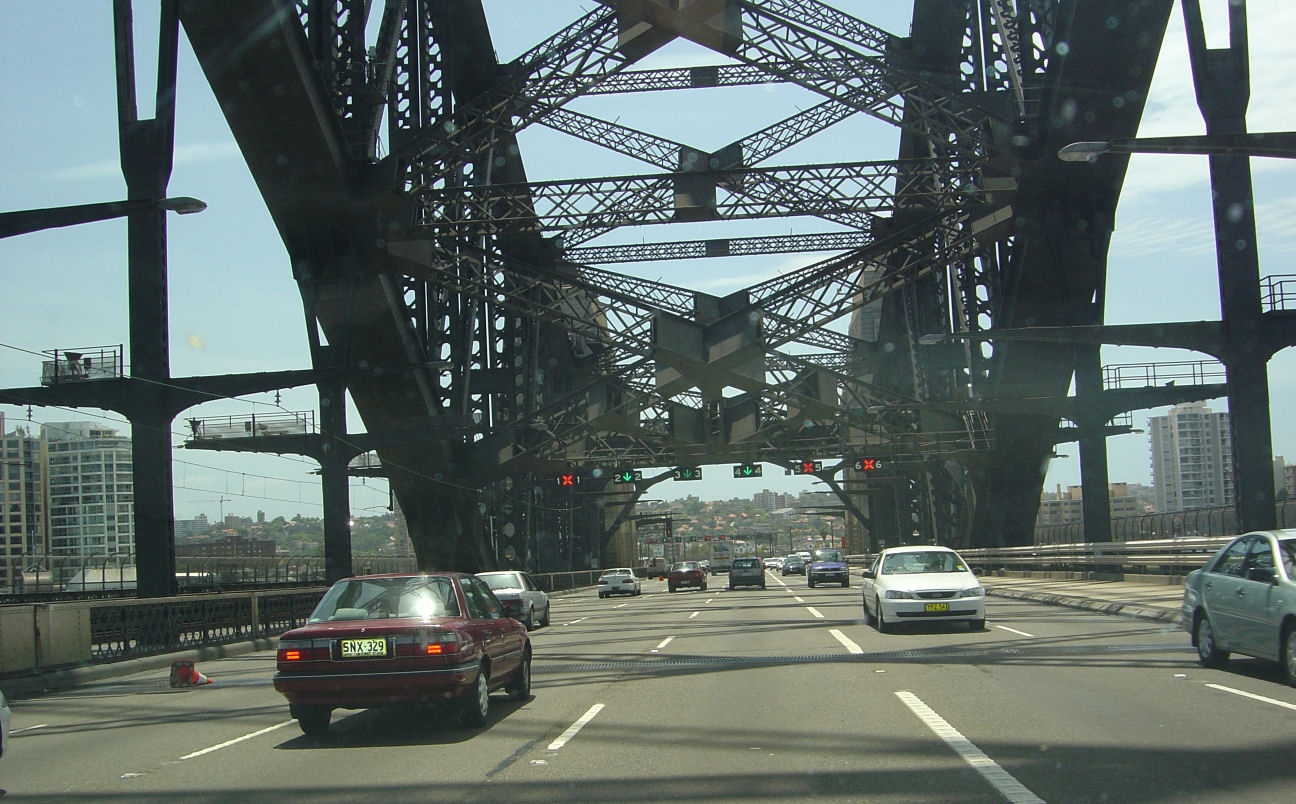
A third act waits for Metro Theatre

by JOHN MOYLE
The Metro Theatre in Potts Point may be closer to returning to a full-time performing arts venue than at any time in its recent history if a recently formed committee has its way.
“The purpose of the action group is to ensure that the Metro is fully restored as a venue for the performing arts,” John Clark, Convenor, Metro/Minerva Action Group said.
Holding their first meeting in May, the group hopes to succeed with a considered business plan for the purchase of the theatre to be submitted to the City of Sydney and Create NSW.
A hastily considered plea failed last year when a motion to purchase put to the City by councillors Professor Kerryn Phelps and Christine Forster was defeated.
The help of Phelps
Emboldened by the committee’s considered approach, Cr Prof Phelps said last week, “I’m asking questions that the Council explore a business model for the purchase or the management.
“The timing is really important because Kings Cross and Potts Point are going through a rapid transition because of the lockout laws and the number of venues closing down.”
Designed in the streamline moderne style by C Bruce Dellit, the 1,000 seat Minerva opened in 1939 before later changing its name to the Metro in 1950, when MGM converted it into a cinema.
In the late sixties, it reverted to live performances such as Hair and screened art house movies before being becoming an ill-fated food hall and going dark.
For the past 35 years it was owned by film director George Miller until in May 2018 it was purchased by property developers Abacus Group.
The Metro is one of Sydney’s last three remaining art deco gems that can easily be converted back to its original use as a theatre and/or cinema.
Film historian and committee member Graham Shirley worked on many Kennedy Miller productions in the Metro during the 80s and 90s and says that much of the theatre is intact.
“When I worked there it was still in good condition except that the seats had been taken out so sets for the “Dismissal” could be built, and someone had built a concrete slab across the stage,” Graham Shirley said.
Recently, committee member and multiple venue operator Greg Khoury was given a tour of the Metro by the owners, Abacus Group.
“Everything is reversible and as a layman I would estimate that it would take $2-4 million to return it to a functioning theatre,” Khoury said.
Sydney’s need for another lyric theatre of this size is palpable as similar sized theatres such as the Theatre Royal have closed and the city loses big shows such as Harry Potter and the Cursed Child to Melbourne.
“Sydney has lost so many theatres and now we are well behind Melbourne and we need the Roxy Parramatta and the Metro to address the shortage,” John Clark said.
Will Harvey is the general manager of the 110-seat Hayes Theatre and is often frustrated that the theatre has nowhere larger to transfer highly successful shows for extended runs.
“Quite often, both our independent shows and some of our Hayes produced shows would have really jumped at the chance to have more seats,” Will Harvey said.
Greg Khoury sees the willingness of the Victorian Government to venture into public/private deals as one reason for their supremacy in the theatrical production market, citing three theatres where this has worked.
“For whatever reasons, Create NSW have articulated their own policy that they want to promote public/private partnerships but we are yet to see it,” Greg Khoury said.
In response, Create NSW said, “There is a clear need for more 1,000-1.500 seat theatres in Sydney.
“The Cultural Infrastructure Plan 20125+ highlights a lack of suitable venues.”
Create NSW has just negotiated a 45-year lease with the owners of the Theatre Royal that is expected to be operational in around three years.
With the Cross in almost terminal decline, a vibrant 1,000 seat theatre in the area would be a quick way to put foot traffic back onto the streets without the dangers of the past.
Local economy benefits
A 2018 UTS study of the flow-on effects for the Enmore Theatre showed that it contributed $39 million to the area last year.
“It would bring people back to the neighbourhood and invigorate the area from the lock-out laws,” Barry McDonald, proprietor, Cafe Giorgio said.
For the City of Sydney and State Government concerns for the future of the Cross, this would be a speedy win-win scenario.
Abacus Group declined comment, saying, “It was not appropriate to speak at this time.”









